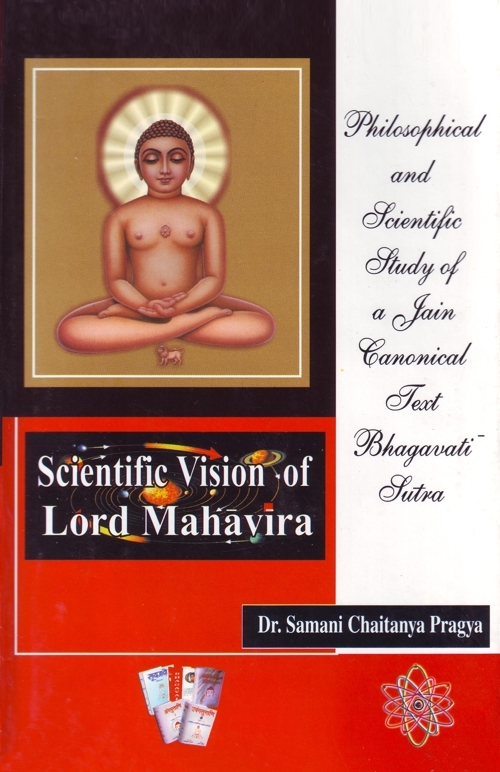The Jain concepts of space and time have generally been understood only theoretically. Seldom have they been explained either philosophically or scientifically. This thesis attempts to offer a philosophical as well as scientific explanation on these terms.
The Jain doctrine of Space is put on a par with the doctrine propounded by Newton, in apparent contrast to the doctrine propounded by Kant and Einstein. The text Bhagavati Sutra (Bh.S)[1] elucidates it on an extensive scale and accommodates it with the theory of cosmology and cosmogony. The Jain doctrine of space and time is receiving a scientific analysis and vindication in some form in the light of modern Physics.
The word 'Universe' implies that several reals are subsumed under it. According to the Bh.S, it is quite clear that the universe consists of the five extended realities or six substances as indicated in the previous chapter.[2] The common experience reveals that everything and every event, experienced with the help of sense-organs, persist in space and happen in time. The question arises whether space and time are real existents? If so, are they of the material nature or of immaterial nature? Are they absolute or
relative?
 Dr. Samani Chaitanya Pragya
Dr. Samani Chaitanya Pragya

